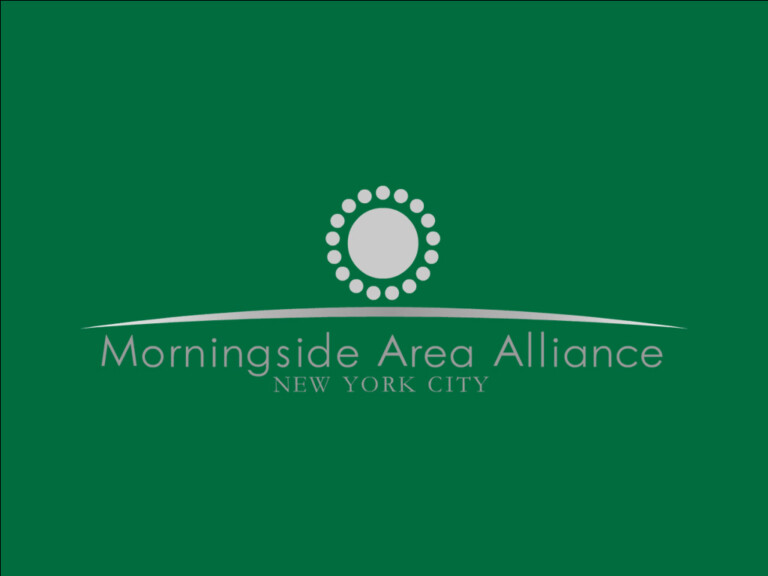Dear fellow members of the Columbia community,
Our University is committed to four core principles, which underpin all of our work and our shared values as a community:
First, we must keep all members of our community physically safe on campus.
Second, we are committed to academic freedom and to ensuring that all members of our community have the right to speak their minds.
Third, just as everyone at Columbia has the right to express their views, they also must respect the rights of others to do the same. As a result, protests must comply with time, place, and manner restrictions which, for example, prevent loud protests at night when other students are trying to sleep or prepare for exams. One group’s rights to express their views cannot come at the expense of another group’s right to speak, teach, and learn.
Fourth, our values—as well as our duties under civil rights laws—compel us to condemn hate and to protect every member of our community from harassment and discrimination. Antisemitic language and actions are unacceptable and calls for violence are simply abhorrent.
I know that many of our Jewish students, and other students as well, have found the atmosphere intolerable in recent weeks. Many have left campus, and that is a tragedy. To those students and their families, I want to say to you clearly: You are a valued part of the Columbia community. This is your campus too. We are committed to making Columbia safe for everyone, and to ensuring that you feel welcome and valued.
We’ve worked hard to balance these principles. To that end, since Wednesday, a small group of academic leaders has been in constructive dialogue with student organizers to find a path that would result in the dismantling of the encampment and adherence to University policies going forward. Regretfully, we were not able to come to an agreement.
Both sides in these discussions put forward robust and thoughtful offers and worked in good faith to reach common ground. We thank them all for their diligent work, long hours, and careful effort and wish they had reached a different outcome.
The University’s goal for the talks was a collaborative resolution with the protestors that would result in the orderly removal of the encampment from the lawn. The students also were asked to commit going forward to following the University’s rules, including those on the time, place, and manner for demonstrations and events.
While the University will not divest from Israel, the University offered to develop an expedited timeline for review of new proposals from the students by the Advisory Committee for Socially Responsible Investing, the body that considers divestment matters. The University also offered to publish a process for students to access a list of Columbia’s direct investment holdings, and to increase the frequency of updates to that list of holdings.
Additionally, the University offered to convene a faculty committee to address academic freedom and to begin a discussion on access and financial barriers to academic programs and global centers. The University also offered to make investments in health and education in Gaza, including supporting early childhood development and support for displaced scholars. There are important ideas that emerged from this dialogue, and we plan to explore pursuing them in the future.
As the past seven months have shown, our campus is roiled by divisions over the war in Gaza. All year, we have sought to facilitate opportunities for our students and faculty to engage in constructive dialogue, and we have provided ample space for protests and vigils to take place peacefully and without disruptions to academic life.
But we must take into account the rights of all members of our community. The encampment has created an unwelcoming environment for many of our Jewish students and faculty. External actors have contributed to creating a hostile environment in violation of Title VI, especially around our gates, that is unsafe for everyone—including our neighbors. With classes now concluding, it represents a noisy distraction for our students studying for exams and for everyone trying to complete the academic year.
Consistent with our interim demonstration policies, after reading days, exams, and Commencement, protests may continue on campus by application with two-days’ notice in authorized locations. We have no intention of suppressing speech or the right to peaceful protest.
We also do not want to deprive thousands of students and their families and friends of a graduation celebration. Please recall that many in this graduating class did not get a celebration when graduating from high school because of the pandemic, and many of them are the first in their families to earn a University degree. We owe it to all of our graduates and their loved ones to honor their achievement. We want to reassure our community who are trying to make plans that we will indeed hold a Commencement.
For all of the reasons above, we urge those in the encampment to voluntarily disperse. We are consulting with a broader group in our community to explore alternative internal options to end this crisis as soon as possible. We will continue to update the community with new developments.
Sincerely,
Minouche ShafikPresident, Columbia University in the City of New York
Source link

